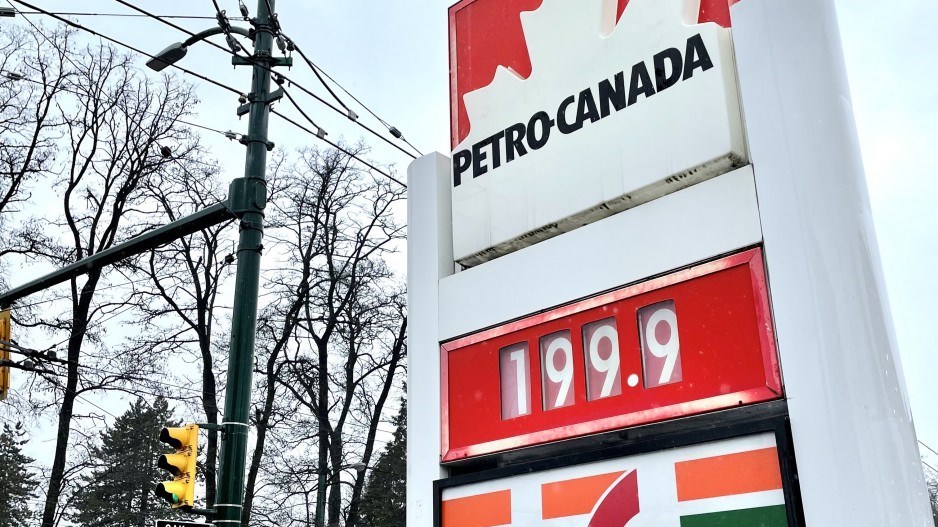Did you have sticker shock at the gas pump this week? You’re not alone.
The B.C. government’s plan to annually hike the provincial carbon tax—this year by 23 per cent—comes at the worst possible time for B.C. businesses and consumers.
Last week, several premiers teamed up to call for a halt to the federal government’s spring increase. B.C.’s premier stayed silent, perhaps because the province’s plan commits to “meet or exceed federal carbon price requirements,” leaving the door open for higher-than-required hikes.
What does this mean for British Columbians? B.C. has by far the highest gas prices in the country—around $2 per litre. With the recent carbon tax hike, almost $9 from a $50 fill-up goes to the province’s carbon tax piggy bank—a piggy bank that will collect around $2.6 billion this year from B.C. households and businesses.
Let’s not forget that British Columbians have long foot the bill for emission-reduction efforts in Canada. In fact, B.C. set the carbon tax standard by becoming the first jurisdiction in North America to put a price on pollution back in 2008, well before the federal government.
The intention behind B.C.’s original model was to achieve balance through adopting a revenue-neutral carbon tax, meaning any revenue the government collects from the tax is recycled back into the economy either through lump-sum rebates or tax reductions, so it doesn’t generate any net revenue. This approach incentivizes carbon-emission reduction while limiting the overall taxation harm on residents and businesses.
When B.C.’s carbon tax was first rolled out, the government allocated a portion of the revenues to offer a low-income tax credit and reduce the first two personal income tax rates by five per cent. The government also extended relief to businesses through a two-per-cent reduction of the general corporate income tax rate and a one-per-cent reduction in the small business corporate income tax rate.
But over time, the province abandoned its revenue neutral approach and shifted to a more punitive model without corresponding tax cuts or rebate cheques. Meanwhile, the extra carbon tax revenue went straight to the government’s coffers.
To residents and businesses trying to make ends meet, this cash grab felt like a slap in the face. This is especially true for businesses that have paid roughly $3 billion in carbon taxes since 2020 with no relief. B.C.’s middle class was also left out to dry, because unlike in other provinces, they don’t receive federal rebate cheques.
B.C. is in a difficult economic position due to sluggish economic growth, dwindling private investment, large deficits and the rising cost of doing business. It’s no wonder B.C.’s carbon tax is garnering record-high opposition (82 per cent) from small businesses.
It’s time to rethink the current approach and bring back a fair, affordable and revenue-neutral carbon tax. B.C. has shouldered carbon pricing costs longer than any jurisdiction in Canada and we need a reset. Otherwise, the government risks undermining their own policies by making emissions reductions synonymous with high costs for residents and small businesses.
Emily Boston is a senior policy analyst, B.C., at the Canadian Federation of Independent Business, and Jairo Yunis is CFIB’s director for B.C. and Western economic policy.




